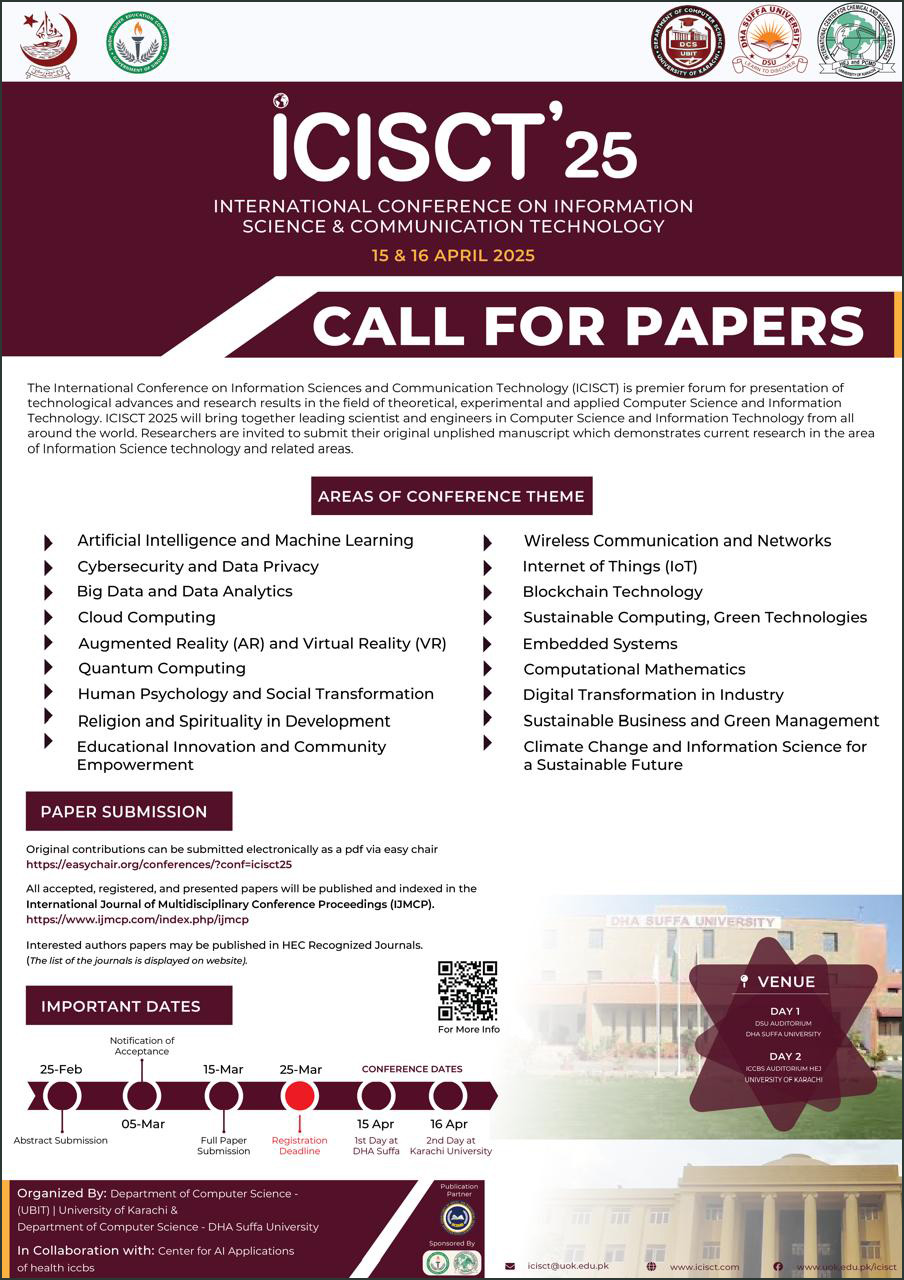Effects of Gender Role Beliefs on the Sharing of Households Chores among Working Couples
DOI:
https://doi.org/10.61503/cissmp.3.4.2024.261Keywords:
Unbiased Family Unit, Caregiver Role, Homes with Double Earners, Stereotype AttitudesAbstract
This quantitative research study investigates the effects of changing gender roles on domestic chore sharing among working married couples in Lahore and Sheikhupura. A sample size of 300 participants was chosen via convenient sampling from various sectors such as banks, educational establishments, residential societies, and offices. The study collects data on gender role beliefs, education, age, income, and family chore distribution using a survey method utilizing both online and printed questionnaires. For the conduction of data, two scales by Kerr and Holden i.e. Gender Role Belief and by Baron and Prasad the measurement of gender role attitudes, beliefs, and principles were utilized. The results showed a huge variance in gender roles, and both males and females worked together to get equity in gender. Regardless of the fact that the customary roles were given, the research reflects that shift in gender roles facilitates to build a fair family unit. Particularly, the educational level of couple plays a crucial role in changing the stereotype attitude currently. Even though with better understanding and edification, at domestic sphere still the division of labour in both genders is prevalent, where female is a complete slave of work and domestic chores unlike males. This investigation highlighted the significance of giving value to equality among men and women at household works.
Downloads
Downloads
Published
Issue
Section
License
Copyright (c) 2024 Subho Zainab, Asma Seemi Malik, Amjad Mahmood

This work is licensed under a Creative Commons Attribution-NonCommercial 4.0 International License.
Contemporary Issues in Social Sciences and Management Practices (CISSMP) licenses published works under a Creative Commons Attribution-NonCommercial (CC BY-NC) 4.0 license.









